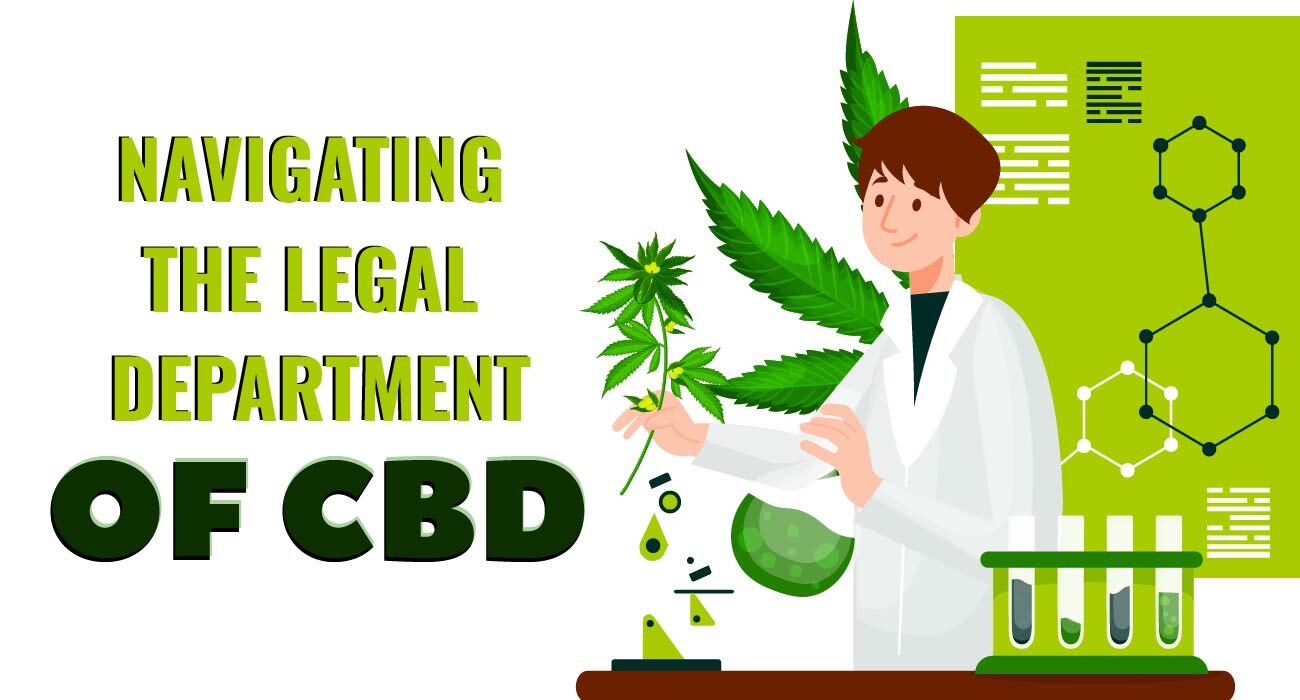Few aspects are of equal importance and relevance to the exclusion list in an intricate system of healthcare regulations. The Office of Inspector General of the United States Department of Health and Human Services meticulously maintains this list, which is a vital component in safeguarding the integrity of government healthcare programs and shielding people from any damage. We will examine the depth of the exclusion list for health care in this thorough examination, revealing its significance, implications, and related procedures.
The Significance of the Healthcare Exclusion List
The list of exclusions from the health sector is a testament to regulatory bodies’ commitment to upholding the highest ethical standards and professionalism in their professions. By ensuring that a comprehensive database of individuals and entities that are not permitted to participate in public health schemes like Medicare or Medicaid is kept, the list functions as a safeguard against possible abuse, fraud, and corruption within those essential healthcare systems.
In addition, the consequences of unethical or illegal conduct are illustrated to healthcare professionals and organizations by a list of excluded persons from this sector. Its importance is broader than mere enforcement when promoting a culture of transparency and accountability within the health sector. This emphasizes the basic idea that involvement in federally financed healthcare initiatives requires a strong dedication to maintaining public confidence and following strict ethical guidelines.
Processes Leading to Inclusion on the List
For a complete understanding of the consequences, one must comprehend how persons or businesses get themselves on the Healthcare Exclusion List. Verdicts for offenses about healthcare are one of the main routes to inclusion. A few of the numerous acts that come under this wide spectrum of crimes include patient abuse, prescription diversion, and fraudulent billing practices.
Additionally, exclusion can be enforced on individuals or groups as a consequence of disciplinary actions such as license suspension or revocation, which indicate a violation of moral or professional standards.
It’s important to remember that offenses not exclusively related to healthcare might be included on the Healthcare Exclusion List. People or organizations convicted of crimes unrelated to healthcare, including embezzlement or financial fraud, may also be excluded if their participation in federally financed healthcare programs is affected by these charges.
Implications of Being Listed: A Closer Look
If an individual is unlucky enough to be placed on the Healthcare Exclusion List, there may be significant and far-reaching consequences. The inability to charge any goods or services rendered to federal healthcare programs is the most direct result. This limitation covers any organization that hires or enters into a contract with the excluded person or entity in addition to the excluded person or entity. Therefore, being on the exclusion list essentially prevents a person from taking part in the wide range of healthcare activities that get federal funding.
Being on the Healthcare Exclusion List can have detrimental effects on a person’s professional reputation and chances within the healthcare field, in addition to the financial ones. It functions as a red flag, an obvious symbol of previous wrongdoing that may dissuade prospective employers, partners, or contractual organizations. Furthermore, even when a person’s name is taken off the list, the stigma attached to exclusion may endure, clouding future attempts in the healthcare industry.
Healthcare employers have a duty of care to make sure that no one on the Healthcare Exclusion List works for them. One important part of this duty is doing an exclusion screening. Employers thoroughly examine both prospective hires and current staff members using exclusion screening searches to find any matches with the Office of Inspector General (OIG) exclusion database.
By taking a proactive stance, companies may reduce the risk of hiring prohibited people and show that they are dedicated to maintaining ethical standards and regulatory compliance in the healthcare sector. Employers frequently use third-party compliance service providers to perform extensive searches and offer detailed reports as part of their exclusion screening methods. This allows employers to make well-informed recruiting and contracting decisions. Healthcare companies have a critical responsibility to protect patients from harm and maintain the integrity of federally supported healthcare programs by giving priority to exclusion screening.
The Road to Redemption: Removal from the List
It’s important to realize that there are ways to remove yourself from the Healthcare Exclusion List, even though the thought of getting included in the list may be terrifying. In rare situations, excluded people or companies can request to be included back on the list or removed from it using an organized procedure provided by the OIG.
One such option is to submit a formal request for reinstatement, in which case the person who was excluded must offer strong proof of their attempts to make amends, their rehabilitation, and their regret. This might include completing compliance programs, paying back reparations to victims, or demonstrating behavioral and career development changes. Removing oneself from the list can also be supported by evidence of cooperation with law enforcement and a dedication to ethical principles.
It’s critical to understand that the OIG has the authority to remove someone or something from the Healthcare Exclusion List, and that every case is considered individually. Although reinstatement is not a given, the likelihood of success can be greatly increased by making a strong argument backed up by concrete proof of change.
Upholding Integrity in Healthcare
In summary, the Healthcare Exclusion List is evidence of the regulatory agencies’ steadfast dedication to maintaining the quality of federally financed healthcare services and safeguarding patient welfare. By keeping an extensive database of banned people and organizations, the list acts as a potent disincentive to misbehavior and abuse in the healthcare system.
Recognizing that forgiveness is possible is crucial, even if being placed on the Healthcare Exclusion List has serious repercussions. Eligible people and businesses can endeavor to restore integrity and confidence in the healthcare community by demonstrating a commitment to ethical conduct, contrition, and rehabilitation.
The belief that the Healthcare Exclusion List ultimately embodies the notion that membership in federally supported healthcare services is a privilege that must be earned by following the highest standards of professional integrity and ethical behavior. Because it fosters an environment of transparency and accountability, the list is critical to maintaining the future of healthcare delivery and ensuring that patients receive the superior care to which they are entitled.




